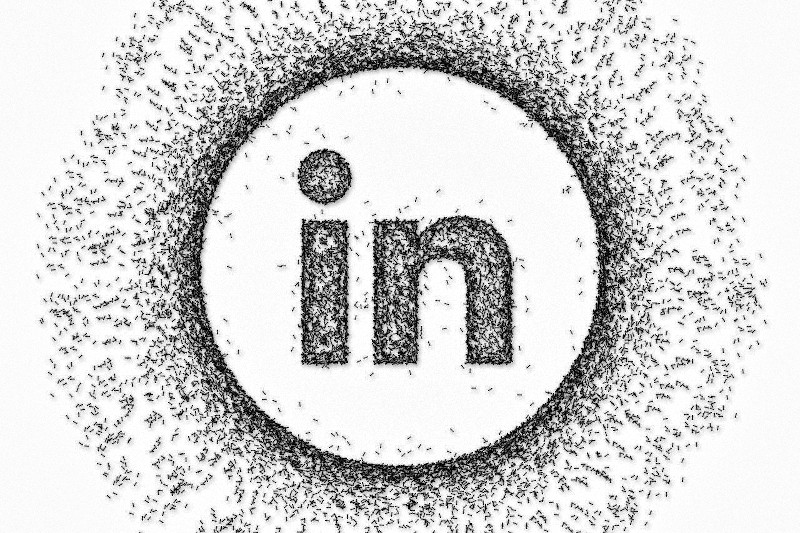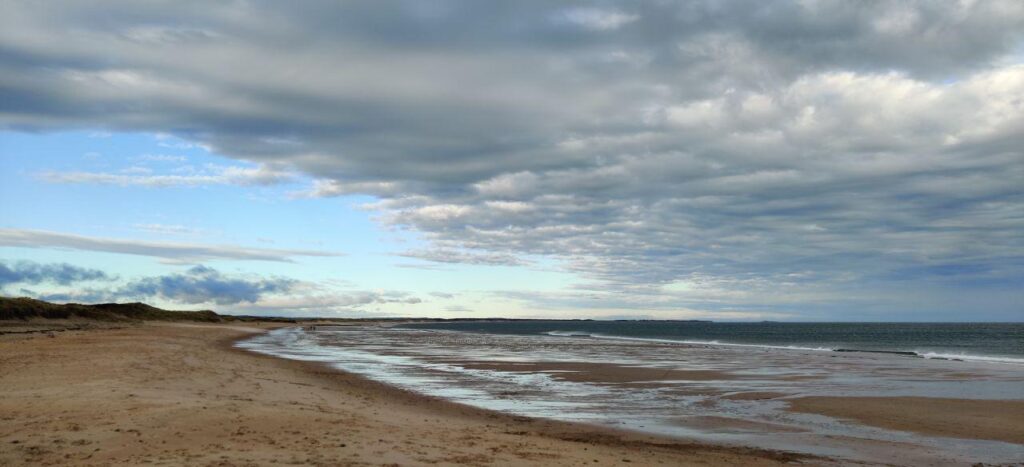No more performative professionalism

Eight years ago when I went to work at Mozilla, I quit LinkedIn. I then rejoined it when I left. It’s a platform I love to hate, one that it feels weird even describing as a ‘social network’.
Things happen on LinkedIn that would never happen anywhere else. It is, as Fadeke Adegbuyi calls it, an ‘alternative universe’, one where those with the power to give people jobs make up or embellish stories which then go viral.
These stories are relayed dramatically in what’s now recognizable as LinkedIn-style storytelling, one spaced sentence at a time, told by job-givers with a savior complex.
On LinkedIn, jobs are not a trade between an individual and a corporation, or a way to fill the space between 9 to 5. On LinkedIn, jobs are life-affirming or life-saving opportunities, rescuing people from a life of meaningless toil or imminent ruin.
Fadeke Adegbuyi, LinkedIn’s Alternate Universe (Divinations)
I’m sure we’ve all seen these stories, probably reshared by someone you met at a conference five years ago. As a result, the number of people I’ve chosen to ‘unfollow but remain connected’ increases every week. Others might be, but I’m not on LinkedIn for professional storytime.
Reduced to its simplest form, LinkedIn is a digital resume. A profile consists of your past work experience, education, skills, and references. The posts, comments, and messages are like a cover letter. But we’ve long decided that there are better ways to showcase your ability than a list of the places you’ve worked, the school you went to, and a hastily drafted plea for work. Resumes are old scrolls of a bygone era. If LinkedIn is a site meant to demonstrate you’re an expert, it’s competing against all the places you can do this better.
Fadeke Adegbuyi, LinkedIn’s Alternate Universe (Divinations)
I’m not sure that’s entirely true. LinkedIn remains a useful place to which people do actually pay attention, albeit often grudgingly.
Now I’m not really using Twitter, it feels like one of the only places I can connect with my existing professional networks is LinkedIn. Mastodon and the rest of the Fediverse isn’t really for that kind of stuff. Not yet, anyway.
So, like lots of people, I’m in what Adegbuyi calls a ‘hostage situation’ where we follow the work of others (and provide updates on what we’re doing) to keep ourselves in the minds of people who might be able to give us work. We’re not desperate, we’re just hedging our bets.
LinkedIn is bizarre because it tries to make this hostage situation fun. Even though it’s not. Not when you add stories, audio messages, DMs, a social feed, or anything else. The platform might be less alternate universe and more down to earth if the truth was acknowledged: performative professionalism, job hunting, and networking are extensions of work not play. As long as LinkedIn pretends otherwise, we can also pretend that we’ll never be desperate enough to use it in earnest.
Fadeke Adegbuyi, LinkedIn’s Alternate Universe (Divinations)
It would be disingenuous for me to say that I don’t find LinkedIn handy for some things. I’ve discovered opportunities through the platform, made connections with people, and found out genuinely useful information.
But what makes me a little sad inside is that the whole thing is built on the assumption that capitalist competition is a good thing. It’s predicated on celebrating spurious awards that people and organisations have (often) paid to be in the running for. And, to be honest, the performative professionalism highlighted by Adegbuyi makes the whole thing a bit cringey.
With Twitter, it got to the stage for me where the value of not using the platform outweighed the value of using it. For example, by avoiding Twitter I’m calmer, more focused, and see fewer adverts every day. With LinkedIn, I can see the day is coming when the balance tips to the negative. For now, though, I think I’ll just bring my whole self to the platform: no more performative professionalism.
This post is Day 73 of my #100DaysToOffload challenge. Want to get involved? Find out more at 100daystooffload.com. Oh, and please do connect with me on the Fediverse!

